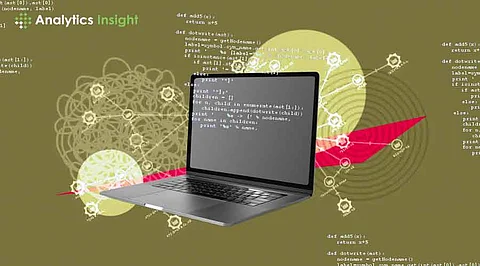

As we step further into the era of quantum computing, the demand for skilled quantum developers continues to rise. Quantum computing presents a paradigm shift in the way we process information, solve complex problems, and secure data. To thrive in this cutting-edge field, quantum developers must possess a deep understanding of specialized programming languages tailored for quantum systems. In 2024, several languages have emerged as essential tools for quantum developers aiming to harness the power of quantum computing.
Q# (Q Sharp): Q# is a domain-specific programming language developed by Microsoft specifically for quantum computing. It is designed to express quantum algorithms and take advantage of quantum processing units. With its strong integration with Visual Studio and Visual Studio Code, Q# provides a familiar development environment for quantum developers. In 2024, Q# remains a fundamental language for writing quantum programs, simulations, and algorithms.
Cirq: Cirq is an open-source quantum computing framework developed by Google. It is designed to provide a high degree of control over quantum circuits, making it suitable for research and algorithm development. Cirq is built on Python, a widely-used language in the field of classical computing, which eases the transition for developers familiar with Python. As quantum hardware and systems evolve, Cirq continues to be a valuable language for quantum developers seeking to experiment with quantum algorithms and simulations.
Qiskit: Qiskit is an open-source quantum computing software development framework developed by IBM. It is based on Python and provides tools for circuit optimization, quantum machine learning, and quantum chemistry simulations. Qiskit's user-friendly interface and extensive documentation make it an attractive choice for both seasoned quantum developers and those new to the field. In 2024, Qiskit remains a pivotal language for quantum developers working on real-world quantum applications and research.
Silq: Silq is a high-level quantum programming language designed to simplify quantum algorithm development and enhance code readability. It introduces new concepts such as reversible classical computation and automatic quantum error correction, aiming to make quantum programming more accessible to a broader developer audience. While still in its early stages, Silq has garnered attention for its potential to streamline quantum development and reduce the complexity of quantum algorithms.
In conclusion, the landscape of quantum programming languages in 2024 reflects the rapid growth and innovation in the field of quantum computing. Each language offers unique features and capabilities, catering to different aspects of quantum development. As the demand for quantum developers continues to surge, mastering these essential languages will be crucial for professionals and enthusiasts looking to make significant contributions to the advancement of quantum computing. Whether it's Q#, Cirq, Qiskit, or Silq, quantum developers in 2024 have a diverse array of languages at their disposal to unlock the potential of quantum computing and propel the field into uncharted territories.
Join our WhatsApp Channel to get the latest news, exclusives and videos on WhatsApp
_____________
Disclaimer: Analytics Insight does not provide financial advice or guidance. Also note that the cryptocurrencies mentioned/listed on the website could potentially be scams, i.e. designed to induce you to invest financial resources that may be lost forever and not be recoverable once investments are made. You are responsible for conducting your own research (DYOR) before making any investments. Read more here.
